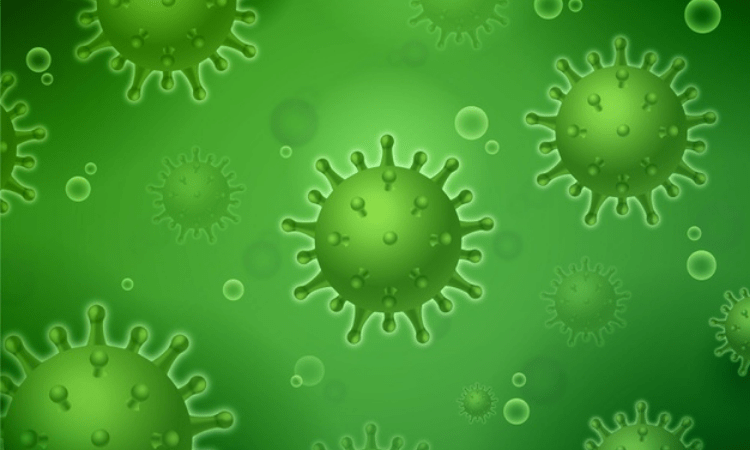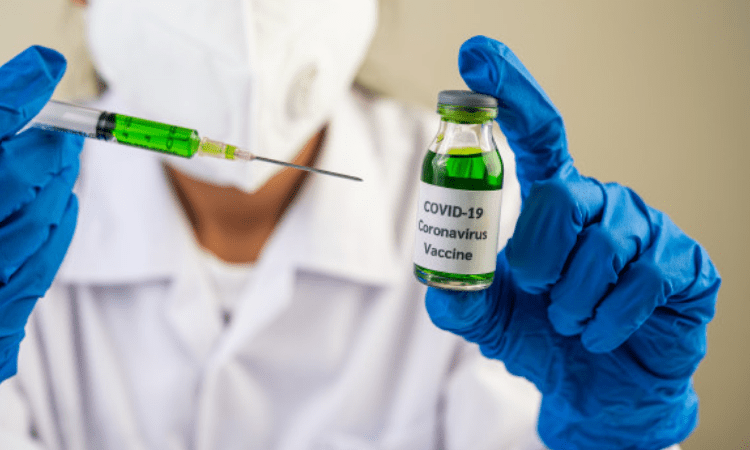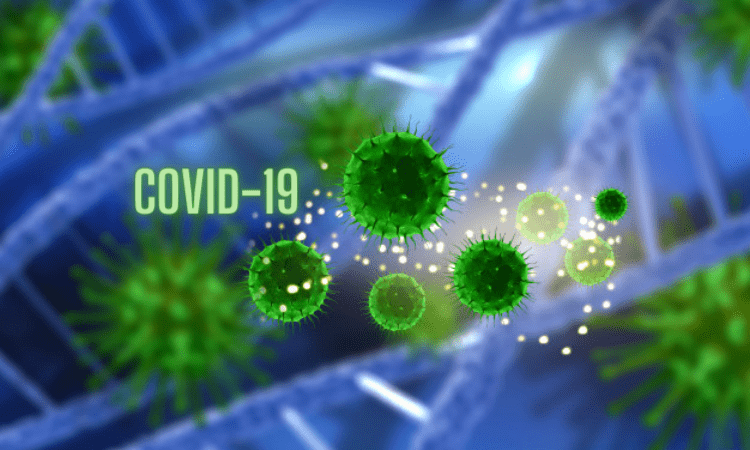To motivate more people to mask up and get vaccinated, emphasizing the benefits of being a protector for the family and loved ones is more effective to overcome their resistance, shows new research.
While many people have listened to messages about wearing a mask and following social distancing guidelines to limit the spread of COVID-19, resistance remains.
A new study from the University of Michigan has found that appealing to people’s concerns for their loved ones can encourage people to get the vaccine.
“People who respond negatively to being ‘told’ what to do are much less likely – by more than 50 percent – to routinely wear a mask. However, at the same time, concern for others increases mask-wearing, especially among those who report greater negativity,” said study author Lawrence An, associate professor of general medicine at Michigan Medicine.
In a recent survey, people who said social distancing and COVID-safety guidelines violated their personal freedoms responded more positively to these ideas when they felt a loved one might be at risk of severe illness.
As the coronavirus pandemic continues to ravage the world, messaging focused on shaming or pressuring people to wear a mask or avoid crowds are backfiring.
An and colleagues surveyed 1,074 people across the US about their attitudes toward the coronavirus.
They discovered two distinct sets of attitudes toward social distancing: Positive beliefs that largely mirror public health messaging and negative beliefs, including the idea that social distancing violates individual rights and freedoms.
Concern about a loved one’s risk of severe COVID-19 infection was tied to both higher positive attitudes and lower negative attitudes toward social distancing.
“When people think about what protective behaviors to follow, negative beliefs — the perception of external control — override positive beliefs. This means that simply repeating that people should follow public health guidelines is unlikely to be effective,” explained study author Kenneth Resnicow in a paper published in the journal Patient Education and Counseling.
The data showed that when people consider being a protector for others, they approach risk differently.
“They are less likely to let their personal beliefs and politics discourage them from practicing COVID protection. Emphasizing the act of protecting others may help people who would otherwise be reluctant to practice COVID protection to feel independent and strong, rather than compliant or obedient,” Resnicow emphasized.
Protectors can take responsibility for monitoring the at-risk person’s COVID exposure and protecting them from the disease by limiting the person’s exposure to others.
This includes doing the shopping, maintaining cleaning protocols and PPE, and providing safe transportation.









